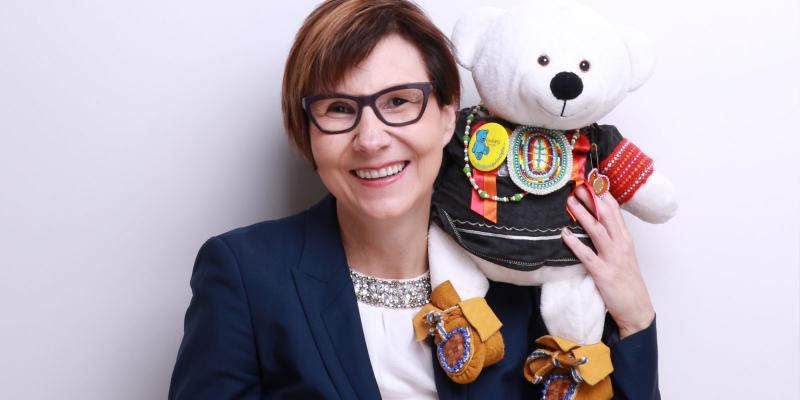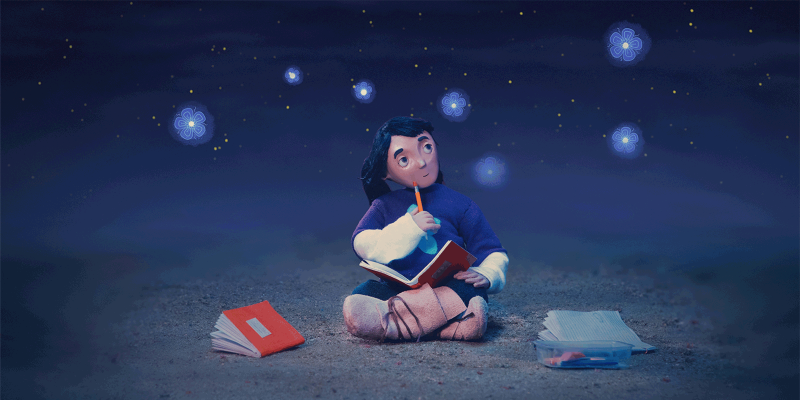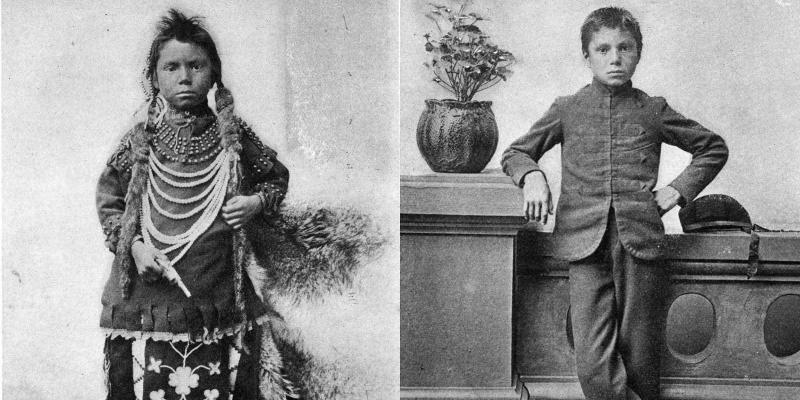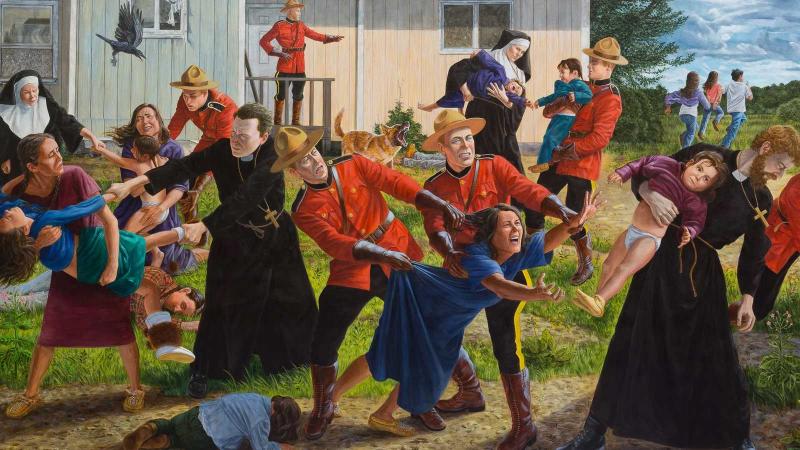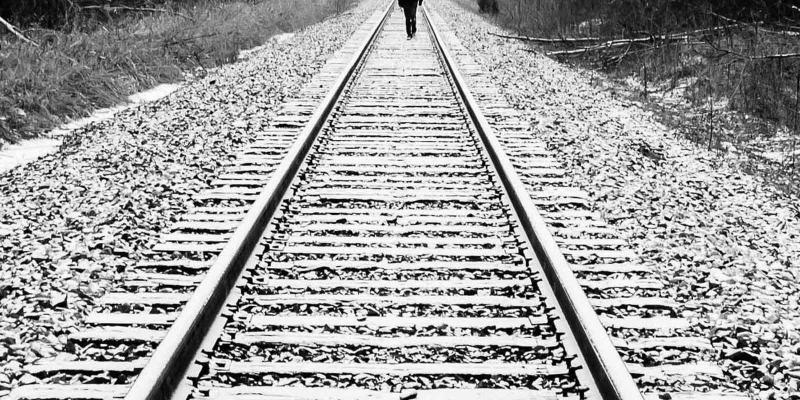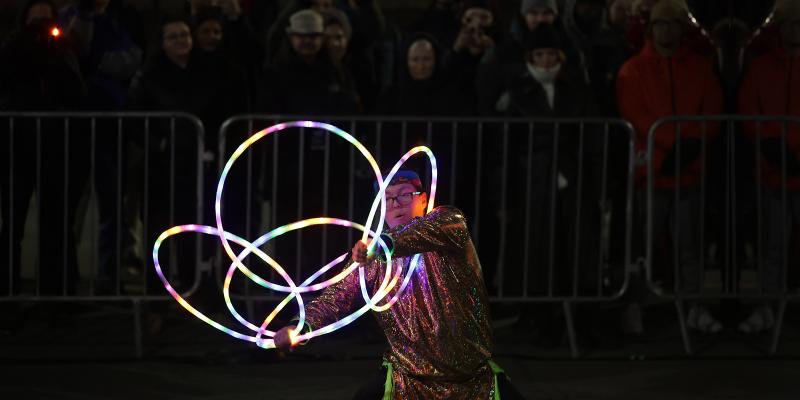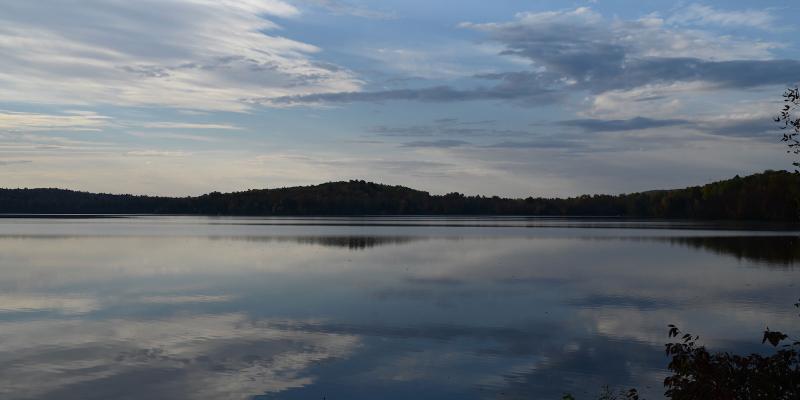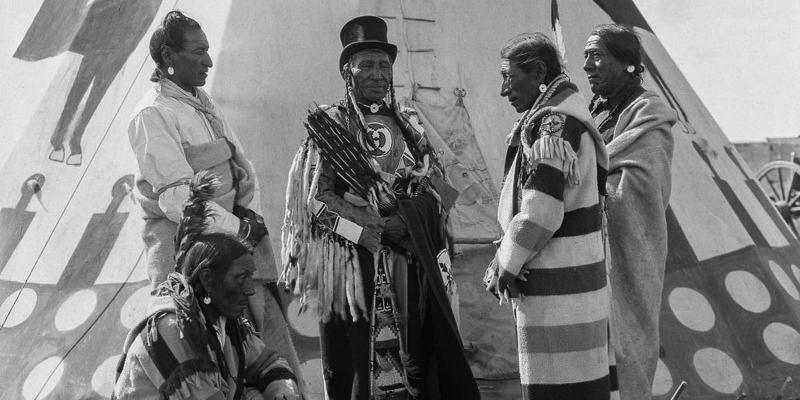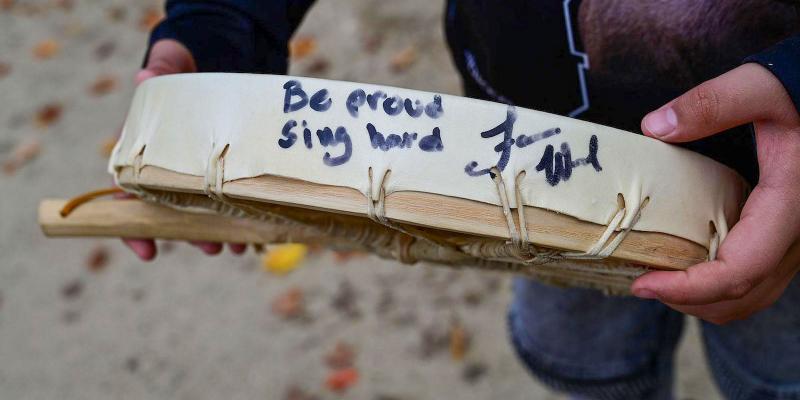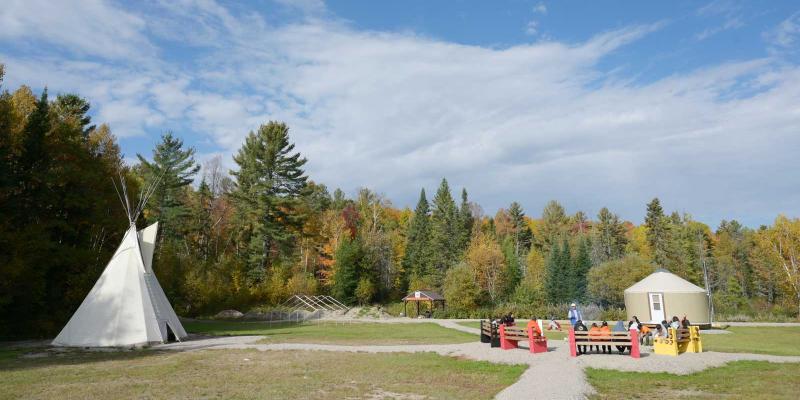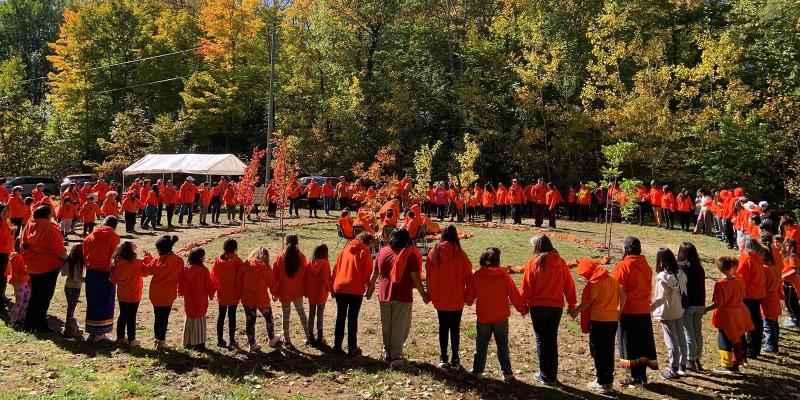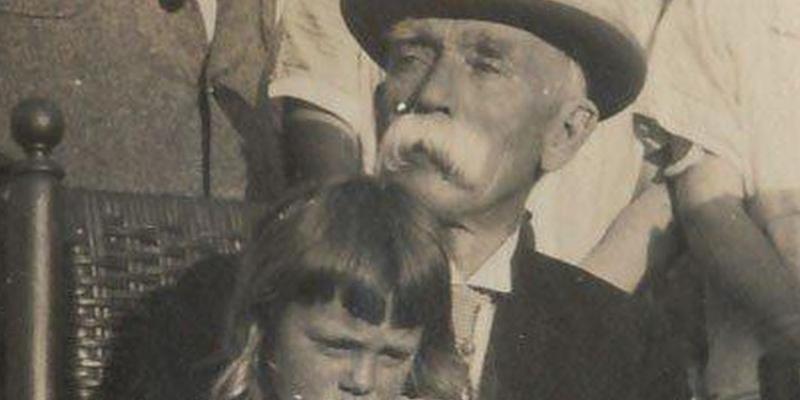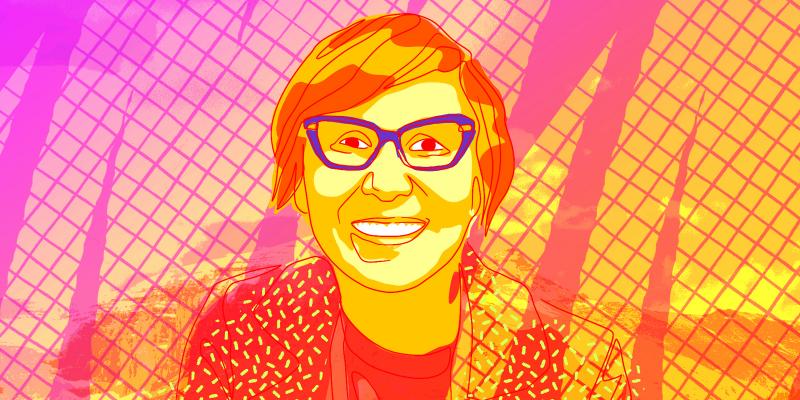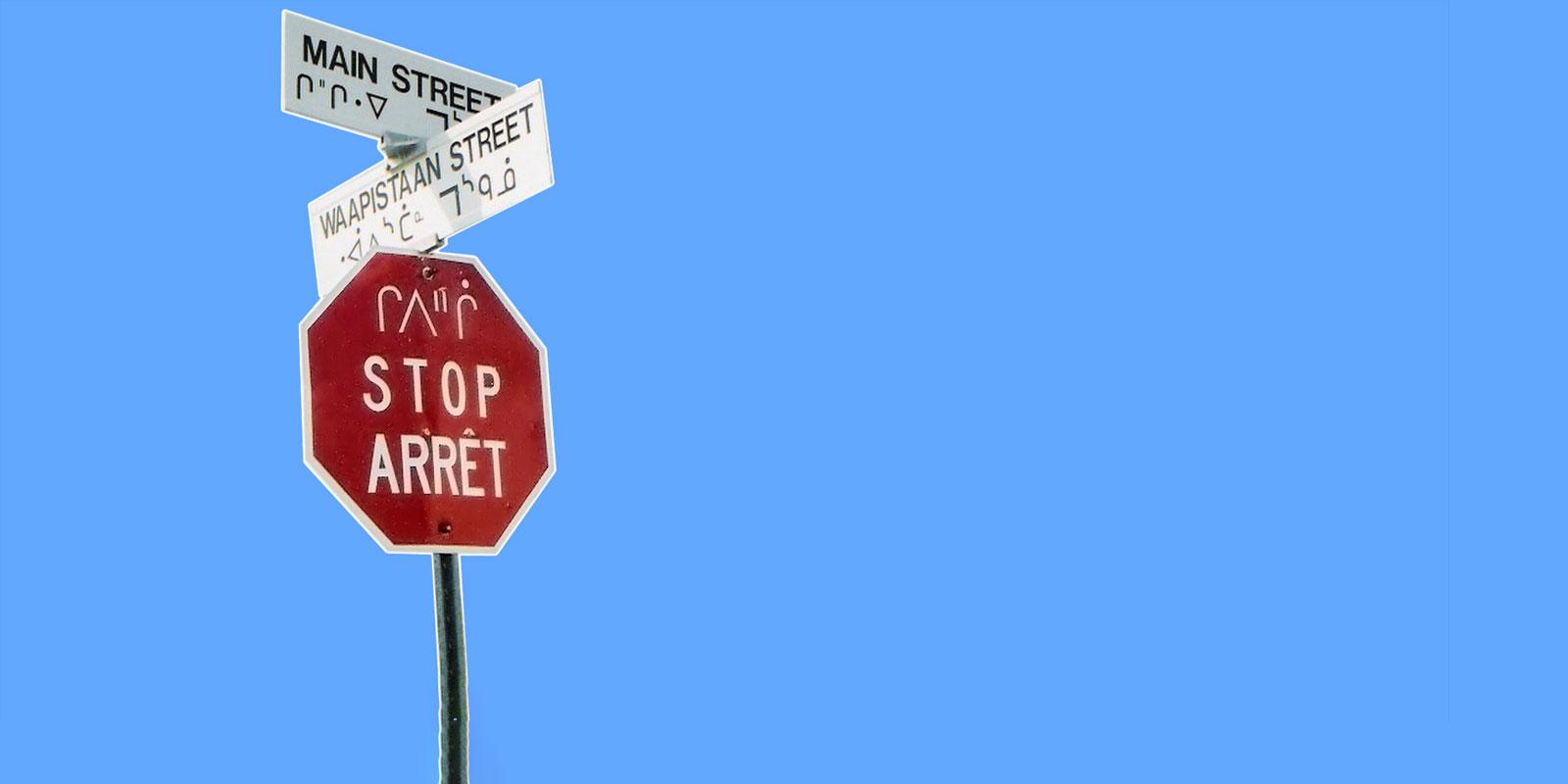
Indigenous peoples in the area that is now called Canada lived there for tens of thousands of years before settlers arrived, mainly from the UK and France.
There are three distinct groups of Indigenous peoples in Canada. One of these are First Nations. There are more than 630 First Nation communities in Canada, representing more than 50 Nations and languages. Another Indigenous people is the Inuit, Indigenous people of the Arctic who speak the language Inuktut. The third distinct Indigenous peoples are the Métis – people of mixed European and Indigenous ancestry.
Endangered languages
Cree, as it’s called in English, is one of the Indigenous languages in Canada that is in danger of dying out. It belongs to the linguistic family of Algonquin and comes in many variants.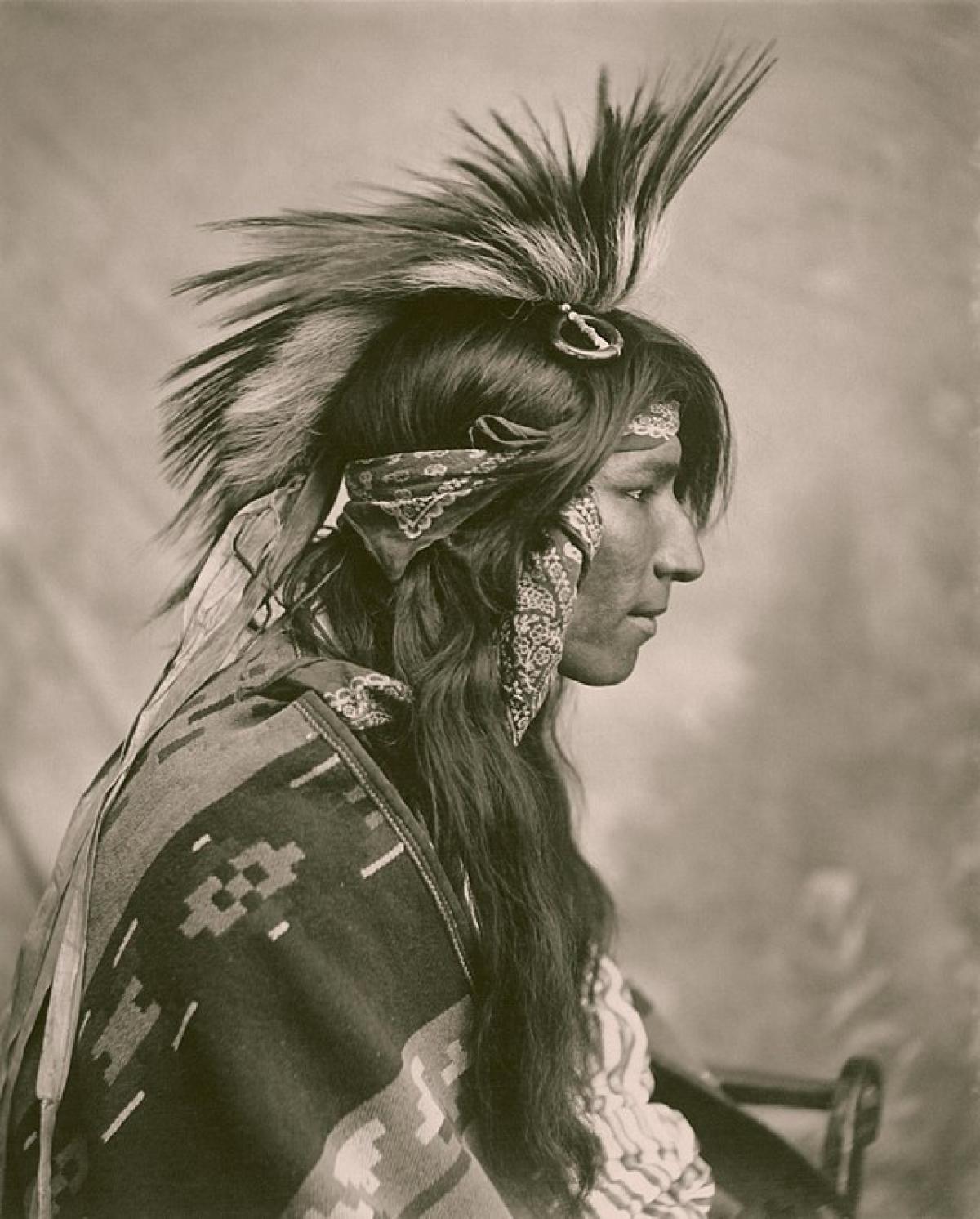
For generations, Indigeneous children in, for example, Cree-speaking areas were separated from their parents at a young age. Forced to live at boarding schools, they were punished if they spoke Cree. When they went home for a short time in the summer, they had forgotten their language and couldn’t even communicate with to their families. For every year that passed, fewer and fewer people were left who could speak Cree and other Indigenous languages.

Today, more and more people, children and adults, want to learn their languages. Elders, schools and communities fight hard to save the languages before it’s too late.
Text: Carmilla Floyd
Långgatan 13, 647 30, Mariefred, Sweden
Phone: +46-159-129 00 • info@worldschildrensprize.org
© 2020 World’s Children’s Prize Foundation. All rights reserved. WORLD'S CHILDREN'S PRIZE®, the Foundation's logo, WORLD'S CHILDREN'S PRIZE FOR THE RIGHTS OF THE CHILD®, WORLD'S CHILDREN'S PARLIAMENT®, WORLD'S CHILDREN'S OMBUDSMAN®, WORLD'S CHILDREN'S PRESS CONFERENCE® and YOU ME EQUAL RIGHTS are service marks of the Foundation.



